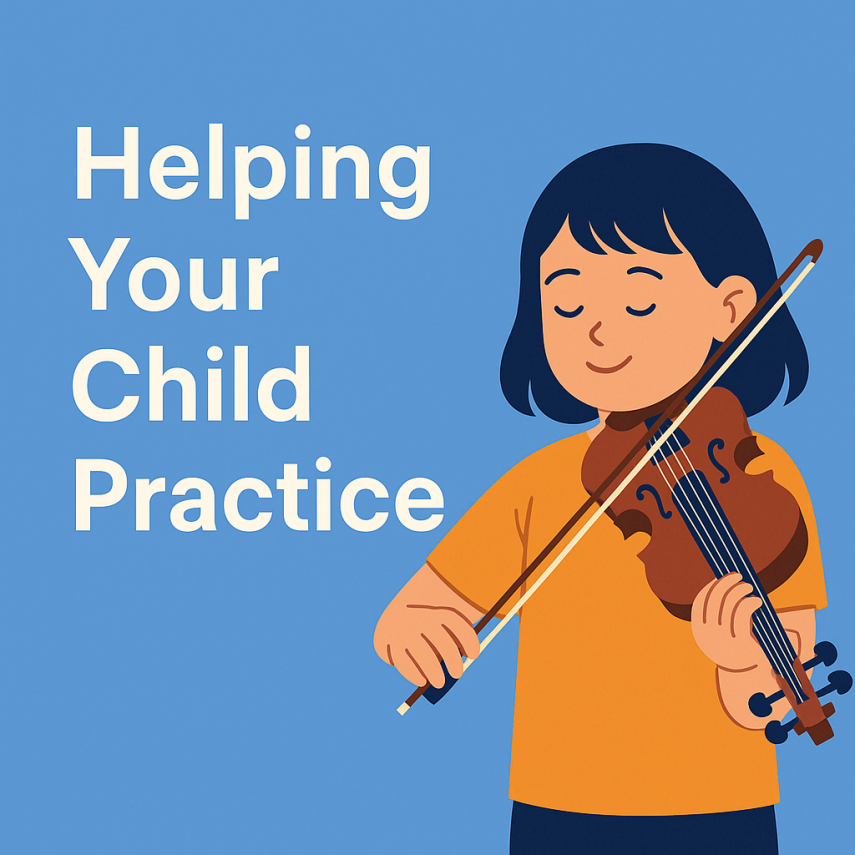My Goal!
As a music teacher, one of the most common questions I hear from parents is, “How do I get my child to practice without a struggle?” The good news is that you don’t have to be a musician yourself to create a supportive and encouraging practice environment at home. With just a few simple strategies tailored to your child’s age, you can help them develop a lifelong love of music—and the discipline and confidence that comes with it.
Below, I’ve outlined some helpful tips based on years of teaching experience, divided into two key age groups: small children and teenagers.
🎵 For Small Children (Ages 3–10): Make Practice Fun and Familiar
At this age, your child is likely just beginning their musical journey. They’re full of curiosity, but also easily distracted. Here’s how you can help make practice a positive and regular part of their day.
1. Turn Practice Into Play
Children this age respond best when learning feels like a game. Try using:
- Stickers or reward charts for completed practice sessions.
- Imaginative play, like pretending to perform in a concert or teaching a stuffed animal.
- Short, goal-oriented tasks such as “Let’s play this song three times with no mistakes!”
2. Establish a Consistent Routine
Kids thrive on predictability. Try to practice at the same time each day—after school, after a snack, or right before dinner. When it becomes a normal part of the day, there’s less room for resistance.
3. Celebrate Small Wins
Praise effort more than perfection. A simple, “I love how focused you were today!” goes a long way. Recognizing their hard work helps them stay motivated even on tough days.
4. Stay Close and Engaged
Your presence matters. Sit nearby, listen actively, and cheer them on. You don’t need to correct mistakes—that’s my job. Your role is to encourage and celebrate.
🎶 For Teenagers (Ages 11–18): Give Them Agency and a Purpose
Teenagers are at a stage where they want more independence, but they still need your support—just in a different way. Here’s how you can help them stay motivated without hovering.
1. Let Them Take Ownership
Teens are more likely to practice if they feel in control. Let them:
- Set their own practice goals.
- Choose songs or styles they’re interested in.
- Manage their practice time (within reason).
This empowers them and teaches responsibility.
2. Connect Practice to Their Personal Goals
Talk about why they’re practicing. Whether it’s preparing for a performance, audition, or simply mastering a favorite song, linking practice to a tangible outcome can fuel motivation.
3. Support Their Identity as a Musician
Help your teen feel proud of their progress:
- Create a practice space they enjoy.
- Encourage them to record themselves or share music with friends and family.
- Celebrate milestones together—recitals, new pieces, or learning a tough technique.
4. Encourage Musical Friendships
Teens are deeply social. Joining a band, orchestra, or even an online music group can make practice feel more relevant and fun. If their friends are musicians too, they’re more likely to stay engaged.
5. Focus on Encouragement, Not Pressure
Teens can shut down if they feel nagged. Instead of saying, “You need to practice more,” try, “I really enjoyed hearing you play today—want to play that again for me later?” Let your appreciation be the motivator.
In Closing: Partnering for Progress
As your child’s teacher, my goal is not only to help them learn music—but to help them love it. What we do in lessons is just the beginning; your support at home completes the circle. With patience, consistency, and encouragement, you’ll not only help your child grow musically—you’ll nurture a deeper sense of discipline, creativity, and confidence that lasts a lifetime.
If you ever need ideas, encouragement, or just want to share how things are going at home, please don’t hesitate to reach out. We’re in this together!




